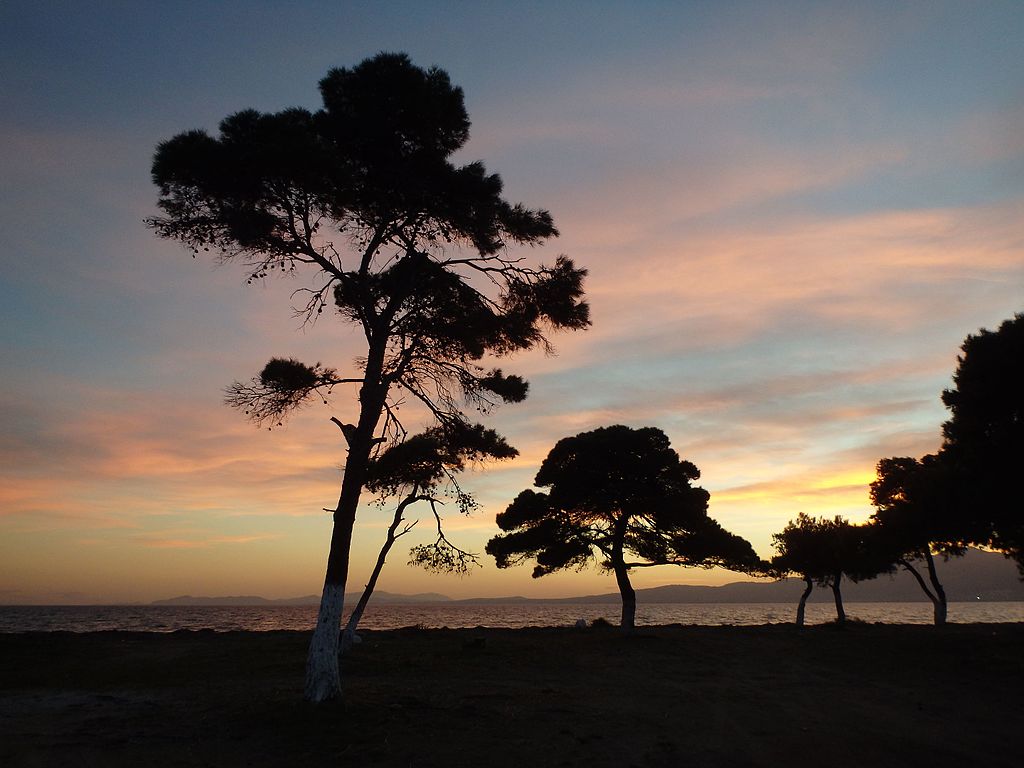
Having begun in May 15th, Wiki Loves Earth in Greece is now at the halfway mark! The event is running in Greece for the first time, although parts of the required preparations started at least two years ago! For instance, an initial list of areas to be photographed was prepared in 2014.

In order to run the Wiki Loves Earth contest, we needed a list of protected areas and natural reserves; national parks and forests, monuments of nature, RAMSAR sites, Natura 2000 sites etc. We found out that many of these areas overlapped with each other, or that smaller protected areas under the same definition were included in a wider protected area. In order to keep it simple, instead of merging these lists of protected areas into one big list, we chose to run the competition using the list of the Natura 2000 network, which includes most, if not all, of the areas of interest and is well documented. These sites constitute almost 30% of the land area of Greece and most of the population lives no more than 30 km away from anyone of them. Of course, although we are organising some photoexpeditions, we do not expect people to travel only for the competition. In Greece, excursions to the countryside are very frequent, during all seasons, and we expect that many contributions will be photos from previous such visits. Even people who are in areas around Greece just for tourism can contribute, as many of the islands and beaches are part of a protected natural area!

To this day we have seen great images from lakes, forests, beaches, habitats of birds, photos of many different species of flowers. This is great, as there was a lack of freely lincensed images for many locations in Greece. The images from Wiki Loves Earth will be useful for Wikipedia articles, but also for Wikidata items that we plan to create for each of these areas. What’s more, if the project is successful more people will know not only about Wikipedia, but also about Wikimedia Commons, and new users will be engaged in both projects. Until this day, participation is as expected, with more than 1100 new images from dozens of contributors throughout the country. There is also a lot of interest from the media, and it will bring in even more contributors. Running this photo contest in Greece is very important, as it is one of the limited number of ways to inform the public that they can contribute to Wikipedia not only by writing texts but also with their photos, cameras, or even smartphones. Although one would expect that Wiki Loves Monuments would be something very easy in a country whose culture and monuments span thousands of years, it is not. There is no Freedom of Panorama in Greece, and even taking photos of older monuments is a problem, because of the complex legislation regarding publishing rights for photos of monuments protected by the government. That is the reason we started photo contests by taking part in the European Science Photo Competition 2015, where we gained a lot of experience that we use for WLE. But Greece, except of being a country with long history, is also a land of sun, high mountains, deep forests, and long beaches. It is a habitat of a lot of unique spieces of birds, plants, and even sea turtles and seals in its archipelago. When we set our goal to 2500 images, it was commented that it is too high. We expect it to be fair. 🙂


Hey Polina,
Here is the link, albeit in Greek:
https://commons.wikimedia.org/wiki/Commons:Wiki_Loves_Earth_2016_in_Greece/Areas
Unfortunately, I could not find Angistri listed.
I hope this has been of assistance to you.
Could you please advise where can I find the list of protected areas in Greece? I’ve looked at the Greek page of the contest and could not find it there, is in Greek.
Is the island Angistri included in the list?
Thanks very much in advance